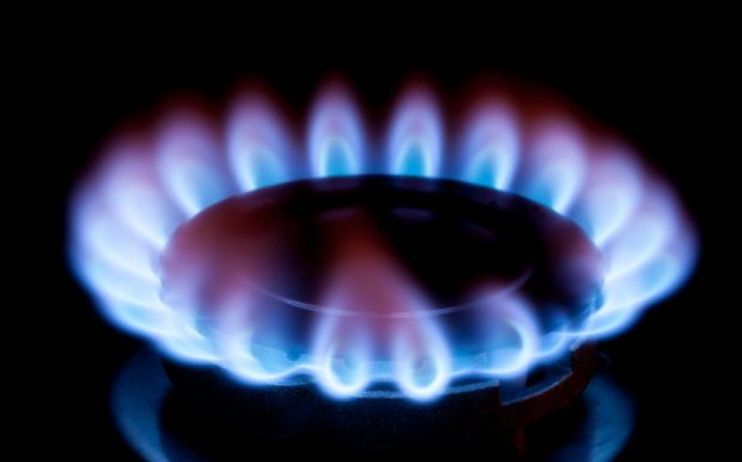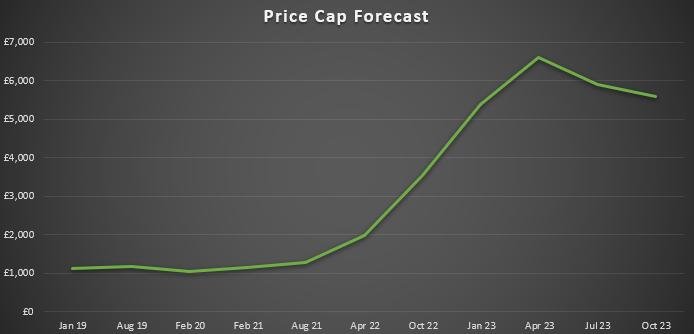Energy crisis: Households set for £3,549 price cap this winter

The energy price cap will rise over 80 per cent to £3,549 per year from October, plunging millions of British households into fuel poverty this winter.
Ofgem announced the decision this morning, with the hike in line with industry expectations.
The watchdog is not giving price cap projections for January as it argues the market remains too volatile.
However, it has warned prices could get significantly worse through 2023 – in line with predictions for the market this winter.
Energy bills have spiked following a Russian squeeze on European energy supplies, which has caused gas and power prices to climb to all-time highs across the continent.
The painful hike in household bills will put the incoming Prime Minister under increasing pressure to bring in more support for energy users – beyond the £15bn package unveiled by former Chancellor Rishi Sunak in May.
Liz Truss is widely expected to beat Sunak in the leadership race, however, it is unclear what fresh support she will offer to energy users to ease costs.
The energy sector is seemingly rallying around a price cap freeze and a deficit tariff fund, with EDF the latest voice to call on the Government to announce a historic intervention in the market.

Jonathan Brearley, chief executive of Ofgem, called on the Government to “match the scale of the crisis.”
He said: “The Government support package is delivering help right now, but it’s clear the new Prime Minister will need to act further to tackle the impact of the price rises that are coming in October and next year.
We are working with ministers, consumer groups and industry on a set of options for the incoming Prime Minister that will require urgent action.
The response will need to match the scale of the crisis we have before us. With the right support in place and with regulator, government, industry and consumers working together, we can find a way through this.”
Alongside the price cap, the watchdog has confirmed a raft of reforms to the energy sector to help clean up a market that has seen nearly 30 suppliers collapse in a year.
This includes extending the market stabilisation charge and the ban on acquisition only tariffs.
The market stabilisation to compensate other energy firms for hedging their customers energy use if they switch, while the ban on acquisition tariffs means all energy tariffs must be available to existing as well as new customers at every supplier.
It has also strengthened requirements for suppliers to have control over the key assets they use to run their businesses.
Meanwhile, the watchdog launched a review into the price cap, and level of profit margin available under the price cap to ensure suppliers do not earn excessive profits and receive only a fair return for the services they provide to customers.